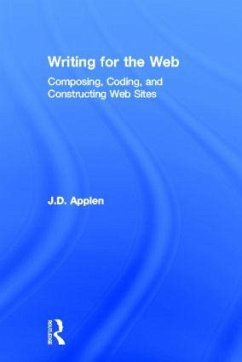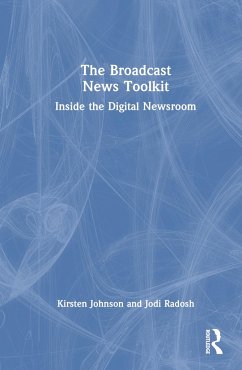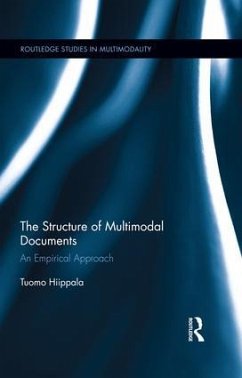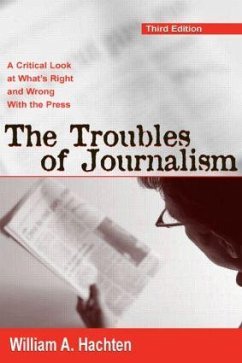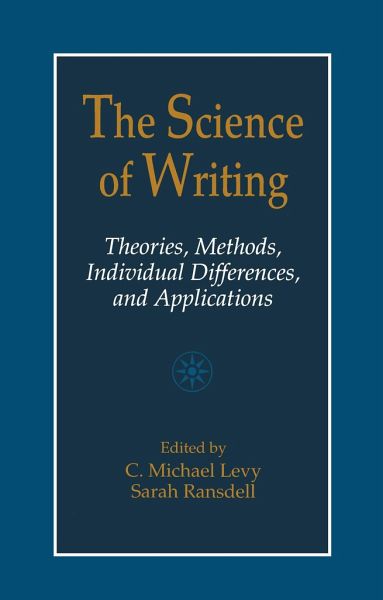
The Science of Writing
Theories, Methods, Individual Differences and Applications
Herausgeber: Levy, C. Michael; Ransdell, Sarah

PAYBACK Punkte
85 °P sammeln!
Conceived as the successor to Gregg and Steinberg's Cognitive Processes in Writing, this book takes a multidisciplinary approach to writing research. The authors describe their current thinking and data in such a way that readers in psychology, English, education, and linguistics will find it readable and stimulating. It should serve as a resource book of theory, tools and techniques, and applications that should stimulate and guide the field for the next decade. The chapters showcase approaches taken by active researchers in eight countries. Some of these researchers have published widely in ...
Conceived as the successor to Gregg and Steinberg's Cognitive Processes in Writing, this book takes a multidisciplinary approach to writing research. The authors describe their current thinking and data in such a way that readers in psychology, English, education, and linguistics will find it readable and stimulating. It should serve as a resource book of theory, tools and techniques, and applications that should stimulate and guide the field for the next decade. The chapters showcase approaches taken by active researchers in eight countries. Some of these researchers have published widely in their native language but little of their work has appeared in English-language publications.






